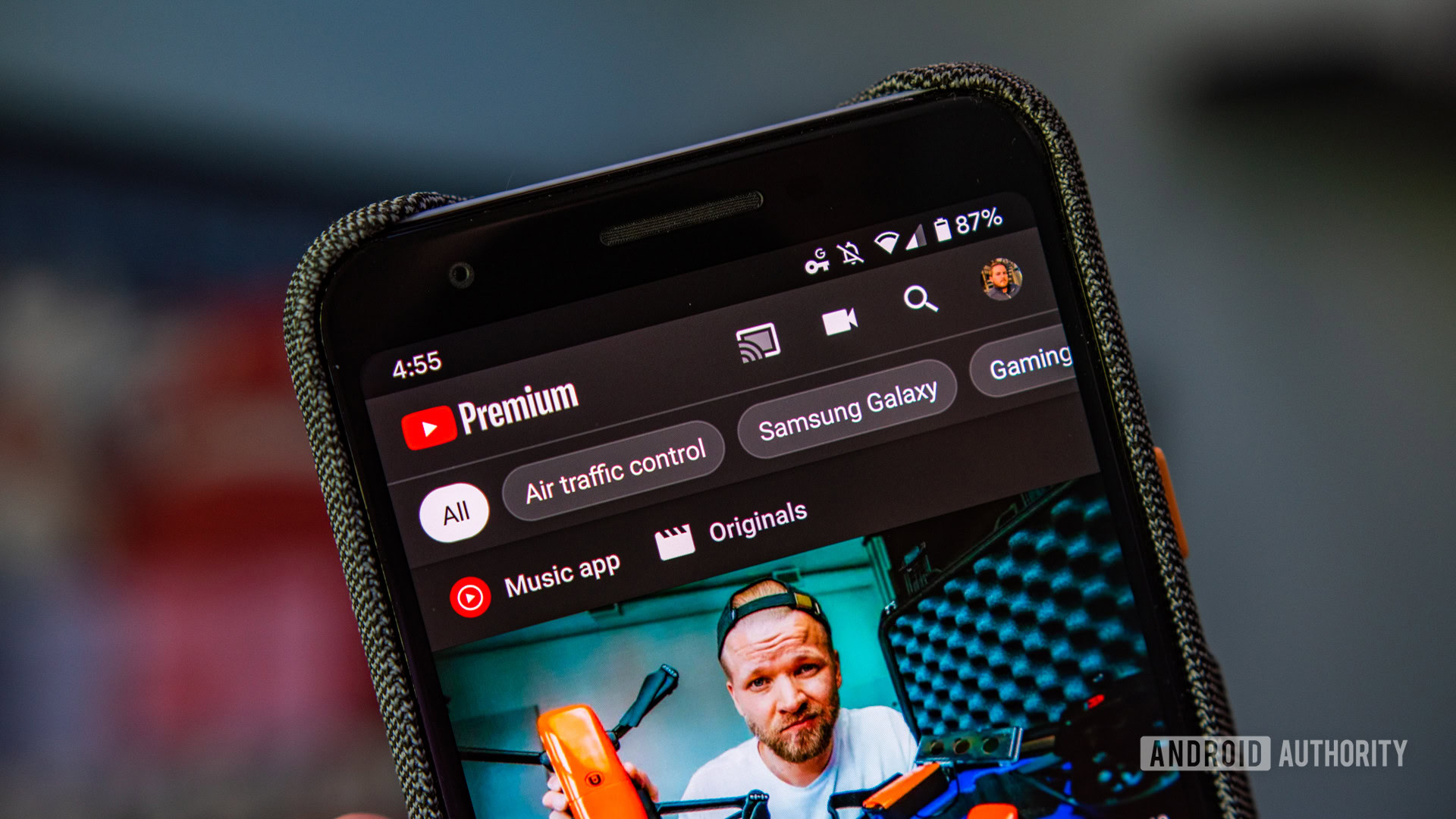Affiliate links on Android Authority may earn us a commission. Learn more.
Apple co-founder sues YouTube over bitcoin giveaway scams
Published onJuly 23, 2020

- Apple co-founder Steve Wozniak is suing YouTube over a Twitter-like bitcoin scam.
- He says the company has ignored repeated requests to take down the fraudulent giveaways.
Steve Wozniak has filed a lawsuit against YouTube. According to Bloomberg, the Apple co-founder says scammers frequently use his name and likeness to trick people into thinking he’ll double their bitcoin investment. He alleges the company has consistently ignored his requests to take down those fraudulent giveaways.
Comparing the company to Twitter, which took immediate action when it was hacked last week in a similar scheme, Wozniak says, “YouTube has been unapologetically hosting, promoting, and directly profiting from similar scams.”
Related: The best security apps for Android (that aren’t antivirus apps)
Woz and 17 other alleged victims want YouTube to take down the scams and proactively warn users about them. They’re also seeking compensation and punitive damages from the company. In a comment to Android Authority, a YouTube spokesperson said, “We take abuse of our platform seriously, and take action quickly when we detect violations of our policies, such as scams or impersonation.”
Before filing the lawsuit, Wozniak wrote about the scams in a comment on an Engadget story about the Twitter bitcoin hack. “This happened to Elon Musk and myself and others on YouTube recently,” he said. “The reputation problem lies in the fact that after a while, many email us looking for their crypto-currency and [are] mad at us.” He went on to say how difficult it is to prevent those scams from appearing on websites like YouTube and Twitter. Woz also
Bloomberg notes YouTube recently successfully defended itself against a similar case earlier this week by arguing it was immune from liability for its users’ actions under the Communications Decency Act.